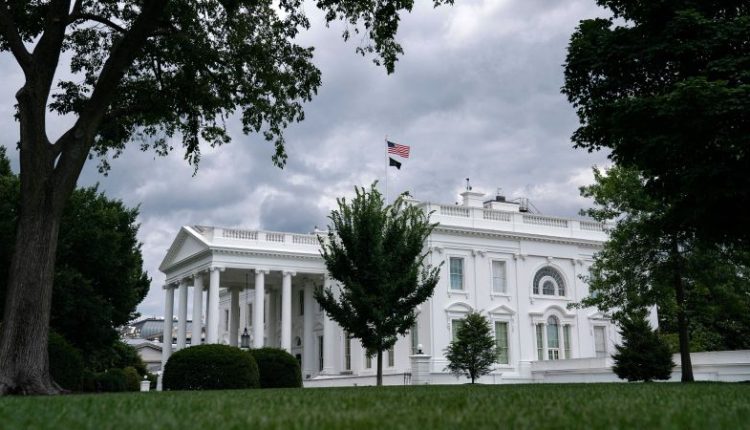The White House is pushing Congress to pass a short-term spending bill to avoid a shutdown and ensure continuity of government services while the key players hash out a long list of disagreements.
“Although the crucial work continues to reach a bipartisan, bicameral agreement on fiscal year 2024 appropriations bills, it is clear that a short-term continuing resolution (CR) will be needed next month,” a spokesperson for the Office of Management and Budget told CNN.
The current funding for the government is set to expire at the end of September when the current fiscal year ends, setting up lawmakers and the White House for a sprint to avoid a shutdown once lawmakers return from their summer breaks. Major disagreements remain, especially within the House Republican caucus, over how to keep the government from shutting down.
Part of the White House’s role is to send Congress the technical assistance needed to write a continuing resolution, which would keep the government running at current funding levels and buy lawmakers time to make a larger deal, including a list of anomalies – issues in certain funding areas that could present problems for major programs if the bill is not written to address them. That list has now been transmitted to the relevant parties – appropriators and leadership – ahead of the Senate’s return next week and the House’s return on September 12.
“As part of our responsibility to prudently plan for a short-term CR, OMB is providing Congress with technical assistance needed to avoid severe disruptions to government services in the first quarter of the fiscal year. We urge Congress to include these anomalies along with the critical emergency supplemental needs the administration transmitted earlier this month in any forthcoming CR, as they have done on a bipartisan basis many times in the past,” the OMB spokesperson said.
The push was first reported by the Washington Post.
The anomalies, if not addressed, could have an impact on Americans receiving key assistance and other critical government programs.
Among those anomalies that the White House is calling on Congress to address in a CR is a boost in funding for WIC – the Women, Infants, and Children nutrition program.
“Language is needed to appropriate $1.4 billion to the Department of Agriculture in the Food and Nutrition Service, Special Supplemental Nutrition Program for Women, Infant, and Children account to support higher food costs and participation. Without the anomaly, States would not be able to serve all eligible participants at the current benefit levels,” text sent from the OMB to Congress and obtained by CNN said.
Another anomaly with the Department of Agriculture’s Rental Assistance Program requires the change in a formula that, if not included, would lead to a risk of default for multifamily housing loans and the eviction of low-income tenants, per the text.
And another anomaly for the Department of Defense could delay deployment of strategic ballistic missile submarines “by up to a total of 20 months,” the text said.
Congress is likely to pass a stopgap funding measure that would last until early December, allowing some extra time to work through thorny issues.
Senate Minority Leader Mitch McConnell told constituents that efforts to fund the government are “a pretty big mess,” and predicted that Congress would need to pass stopgap funding legislation. House Speaker Kevin McCarthy previously told his colleagues that he doesn’t want a government funding fight close to the holidays, as has happened in years past.
“Honestly, it’s a pretty big mass. The speaker and the president reached an agreement, which I supported, in connection with raising the debt ceiling, to shut the spending levels for next year. The House then turned around and passed spending levels that were below that level,” McConnell told the Northern Kentucky Chamber of Commerce.
“But, not saying an opinion about that, that’s not going to be replicated in the Senate. So I think we will end up with a short term congressional resolution, probably into December, as we struggle to figure out exactly what the government’s spending level is gonna be for next year,” he continued.
Read the full article here

